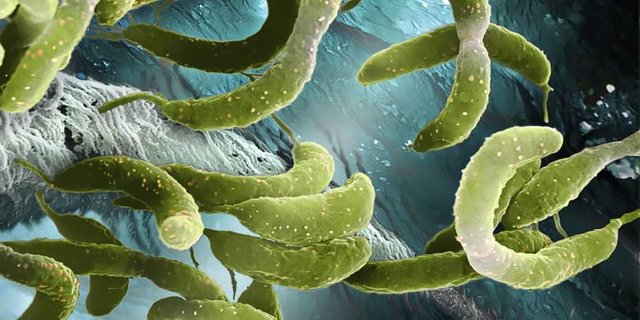Synthbio, machines playing god?

Computational Biology is a very strange interdiscipline. One might not imagine these two domains to intersect so neatly as they do.
In the past few years, computational biologists have begun to compose entire organisms gene by gene, protein by protein, just like writing computer code in practically the same environment.
Moreover, we are entering an age where algorithms/machine intelligences themselves can compose organisms, using automated methods.
We use machine intelligence to solve problems, by giving it the desired output, and allowing it to figure out the steps necessary to get there.
As it turns out, we can do something similar with life itself. By specifying the desired output 'Give me something that can turn x into y', machines can cultivate a protein, enzyme, or even a complete organism with that capability. As DNA is itself a polymer, tiny nanomachines and biological computers are today being constructed out of it.
Rather disconcertingly, as this process gets optimised, just about any determined individual or small team could potentially harness such technology, for all kinds of purposes. If one can spawn a deepfake video, one could more or less spawn a generative organism too, in theory.
Vast sums are now being invested in driving this technology forward. Few recognise the profound changes ongoing in this domain – it's too obscure for most to understand it easily, and thus it's off the radar. Synthbio can revolutionise our dependence on synthetic fertilizers, for example, or enable incredibly powerful terraforming technologies, not to mention medical techniques, and drug production and delivery mechanisms.
The benefits of Synthbio, as well as massive risks, are going to hit our society hard and fast, at a time when we are already reeling from co-ordination and trust issues, and are not prepared to handle it.
Science-fiction has long imagined ways in which humanity could 'play God', but rarely did we consider that we would engineer machines to play God on our lazy behalf.
I believe you're making a mistake by feeling that institutions - that have long proved to be unworthy of trust - should be in control of this technology. I am confident that individuals with integrity and dedication to their social networks will quickly adopt this tech to benefit themselves, their loved one, and their communities.
I know this process has already begun, in fact. The decentralization of technology across all fields is beginning to end the parasitic centralization of power that is used to oppress free people, and restore the sovereign power of individuals to prosecute their lives at their sole options rather than be dependent on industrial mechanisms for their quality of life.
We are at the threshold of a new paradigm, that combines the freedom of a state of nature people have not enjoyed for thousands of years, with the power of modern technological goods and services. Decentralization delivers this power to we individual people, and synthetic biology is no different than 3D printing, cryptocurrency, or aquaponics in this regard. Institutions have a centralized edge today as their parasitic industries have concentrated power in their walled gardens, but as technology advances it more rapidly disperses to individuals, and more dramatically increases the power of individuals versus institutions.
The very power you decry being in the hands of institutional predators will very soon be in our hands, and that will enable us to transcend the base limits that our impotence has relegated to us.
Thanks!
To listen to the audio version of this article click on the play image.

Brought to you by @tts. If you find it useful please consider upvoting this reply.